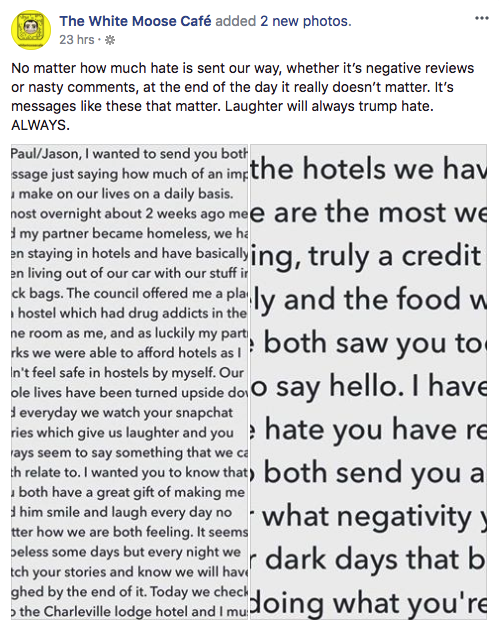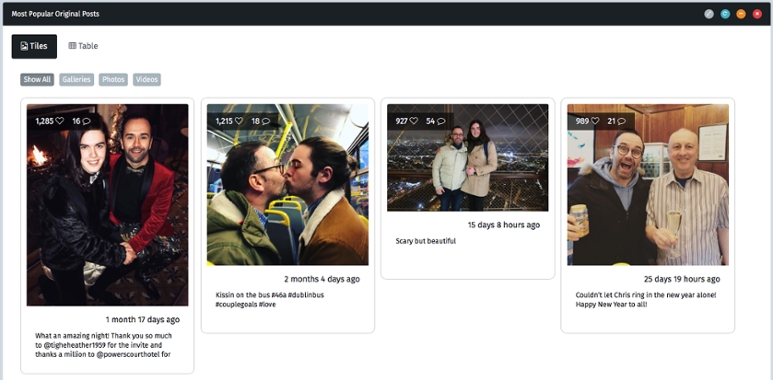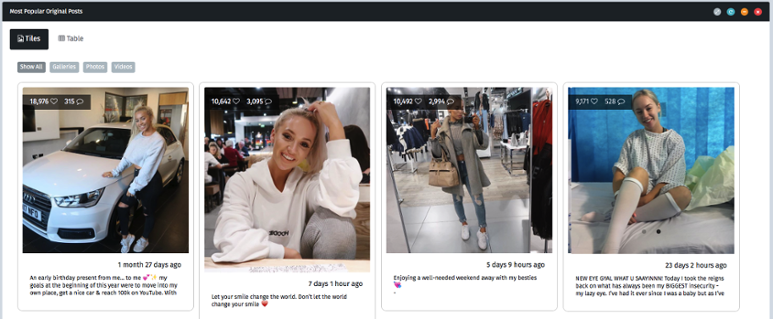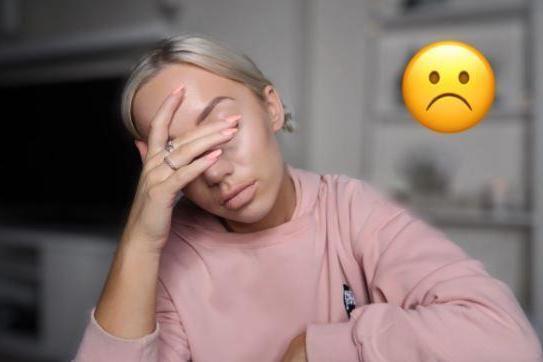Recently, a social media influencer, Elle Darby has been put on blast for her business approach when reaching out to a hotel to inquire about a potential collaboration. If you have no idea what this is about, you can catch up to speed by reading the millions of articles online right now. Elle Darby, who has 93K followers on Instagram and 99K subscribers on YouTube, creates fitness, fashion and lifestyle content, commonly partnering with brands who want to gain exposure into her hyper-engaged audience. I’m going to break this down into 4 parts to help shed light on some common misperceptions about influencers and highlight some important points on what I think people missed in this story.
Influencer Marketing for Dummies.
Let me start by quickly explaining what influencer marketing is, by definition, in case some of the trolls who threw so much hate at Elle don’t get it. Wikipedia defines it as:
“Influencer marketing (also influence marketing) is a form of marketing in which focus is placed on influential people rather than the target market as a whole. It identifies the individuals that have influence over potential buyers, and orients marketing activities around these influencers”
That’s pretty basic, and I would argue that Elle, would be categorized a little differently than just being an ‘influencer’. Influencers are commonly thought of to be famous icons, like Kim K or Selena Gomez. But in the world of influencer marketing, there are what we call micro-influencers, those with a smaller social following (5,000-100,000) but engage more actively and authentically with their followers. We’ve done the research to show that micro-influencers actually have a significantly higher engagement with their followers than macro-influencers. This matters for brands because they obviously want to work with those influencers who have a genuine connection with their followers. Shockingly enough, most micro-influencers will turn down brands that don’t align with their personal style. The point of this section is to remind you influencer marketing isn’t a new concept and it’s an industry that jumped 198% in 2017. Guess how that happened? People like Elle Darby clearly doing good work and helping fuel brand’s visibility to social media users who are clearly engaged with their social content.
What’s the difference?
Now that we’ve got that out of the way, let’s look at Elle’s approach of reaching out to a potential client. Similar to any entrepreneur who is proposing services, Elle proactively reached out to a company she was interested in doing business with (in a way that was professional and to the point, might I add). Not dissimilar to a freelance marketer reaching out to local businesses about their competitive advantage in the marketing space, Elle simply reached out with the intent to create a relationship that would clearly have dual-sided benefits. What you should also know is that from my experience working with hundreds of influencers (from mom bloggers, to lifestyle, to fitness, to travellers, to hunters) and brands (from CPG to banks to events and festivals to book launches) it is a common practice for there to be an exchange of monetary compensation along with trying the products out (in this case, a hotel room). Not only did Elle NOT ask for any compensation, she was willing to share the experience with her followers by just having a free stay. There is nothing unreasonable about her ask.
These influencers are content creators and it takes a lot of work to be creative in the way they build their content. They have to always be conceptualizing the direction of their content, be mindful of what their audience want, understand the best times to post, follow the insights and analytics, engage with followers, grid planning, then throw the brand collaboration component in there...the list goes on. Some think being a social media influencer is some easy way out of not having to work a 9-5 job. Based on what I’ve said so far, there is no difference between the type of work Elle is doing and what other entrepreneurs are doing. The idea and conceptualization of social media as a job is somehow ranked lower. They are entrepreneurs who are required to be motivated, organized and dedicated to their own success, just like everybody else.
Regarding the “Who’s going to pay for that?” comment
A vast majority of haters are whining over the fact Elle asked for a free room and how insensitive that was of her when there are clearly people who have to work for her stay while visiting. Someone like Paul Stenson should have known the answer to his own questions as another YouTuber called Paul out for his own sponsored video where he too, received complimentary services at a hotel he was staying at. #doh.
Some of Paul’s remarks in his snobby response to Elle’s ask:

If brands do their research and spend time and resources investing into proper micro-influencer marketing campaigns, they are able to select the influencers that will leverage a huge ROI for their spends. Now while Paul didn’t actively reach out to Elle to propose a collaboration with her, the point I’m trying to make is by sharing her experience at the hotel with her followers, the White Moose Cafe had the potential to make back Elle’s stay 10 fold. That, in return, would help pay for her housekeeper, waiters, etc. This just helps validate to you that clearly Paul knew the value of ROI on influencer marketing, he was just trying to be a twit and used Elle to his advantage to spark some online attention (spoiler alert, it worked). Subsequently, this has had some major negative impacts on Elle’s mental health. #NotCoolBro. Paul sent Elle an invoice for all of the media attention she’s given the Cafe, but in return, she should slap him with an invoice for all the emotional pain he’s caused her. Might as well throw in royalties for those t-shirts he’s profiting from now too.
Shame is lame.
Shaming someone for this completely innocent business decision is not ok. There’s enough of this antagonistic behaviour circulating these days that this just fueled the hatred of virtual trolls even more. For Paul to remark that Elle was lacking “self-respect and dignity” is so off course and begs the question, what if it had been a male blogger or influencer in the same situation? What Paul did was pretentious to the highest degree and while he thinks it was a big joke (even though he himself is the same blogger he makes fun of), all he cares to address is the hate The White Moose Lodge has been receiving as a result:

“At the end of the day, it doesn’t matter”. It kind of does matter, now that you’ve caused for a slew of online hatred directed at Elle while bashing the entire blogging and influencer community (one of which you are a part of). Smh.
In closing...
Obviously Paul knew what would come of this. I guess you can give him a half-ass props for gaining more international attention to his cafe and by default, will attract more visitors. Good for you Paul. One tick against Elle is that next time she’s looking to collaborate with brands, do a little bit of research on them first. This guy knows what he’s doing, and has pulled fast ones like this in the past. I’ve heard countless times from micro-influencers they’ve turned away from working with brands who they didn’t personally think were suitable for their audience or their own beliefs/values. Reality is, influencer marketing isn’t going anywhere and in SUCH a competitive landscape, these content creators are becoming more savvy about the ways in which they connect with potential clients (i.e. emailing them about collaborations). I see us starting to formalize this trend a little more moving into 2018 where influencers and solopreneurs are allowed to barter for work, just like so many other businesses have been doing for years and not shamed for it.
The point of this discussion that I want to make very clear is that companies CLEARLY see a return in their investment through using micro-influencers. Don’t believe me? One North-American music festival used micro-influencers to drive over $20K in ticket sales in less than 30 days. Another brand who sells luxury home interior decor drove 1,000 people to a private VIP shopping event - all with the help of Instagram micro-influencers.
Bonus Points:
In case you’re wondering who is more socially influential, check out a comparison of their profiles. This analysis will analytically tell you how engaged their followers are. Hint: the higher your scores, the better.
(click images for full preview)
PAUL'S DOSSIER:


ELLE'S DOSSIER:


.jpg)
